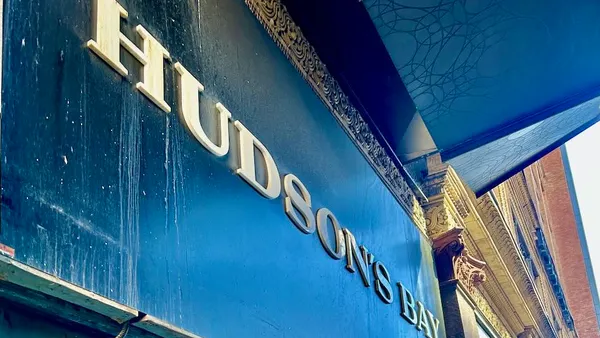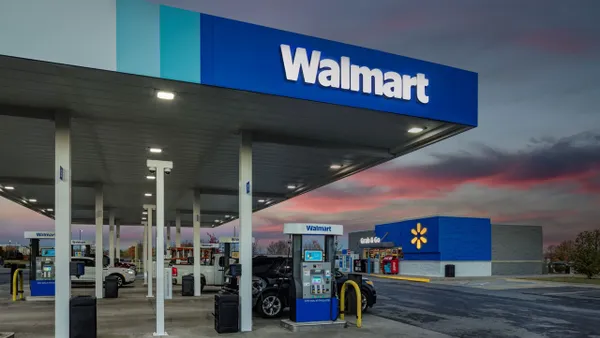Dive Brief:
-
REI stores on Election Day will open two hours later than usual to give employees paid time off for voting and other civic engagement, the outdoor retailer said Tuesday.
-
The move is part of the company’s “Your Vote Can’t Wait” campaign, which includes an online resource hub aimed at both employees and customers, per its press release. Feedback from employees prompted the decision to open late for this purpose, the company said.
-
REI is among nearly 2,000 retailers participating in the nonpartisan Time to Vote organization, founded in 2018 “to ensure that their employees had a work schedule that allowed them time to vote in that year's midterm elections.” Vote.org similarly advocates for paid time off to vote.
Dive Insight:
In recent years, elections emerged as opportunities for marketing and even selling merchandise. But the stakes are a bit higher these days: As retailers work hard to court Gen Z — people roughly aged 10 to 25 — that means speaking to a largely progressive, politically active segment of the population.
REI has made a name for itself by closing stores for higher purposes. Its #OptOutside campaign, which has entailed shuttering stores for Thanksgiving and Black Friday, is now a tradition in its eighth year, for example.
“Every election is an opportunity for each of us to engage, participate and help create the change we want to see in our world and this year's midterms are no exception," Chief Customer Officer Ben Steele said in a statement. "No one should be forced to choose between going to work and participating in the democratic process.”
But the company may have to work harder to hang on to its enlightened reputation in light of consumers’ growing support for unions, which is especially strong among younger people. CEO Eric Artz’s remarks that unionizing isn’t “the right thing for REI” as New York store employees worked to form a union rankled some customers who see the company as reliably progressive. The store voted overwhelmingly to organize in March, and another REI location in Berkeley, California, voted to do so in August.












